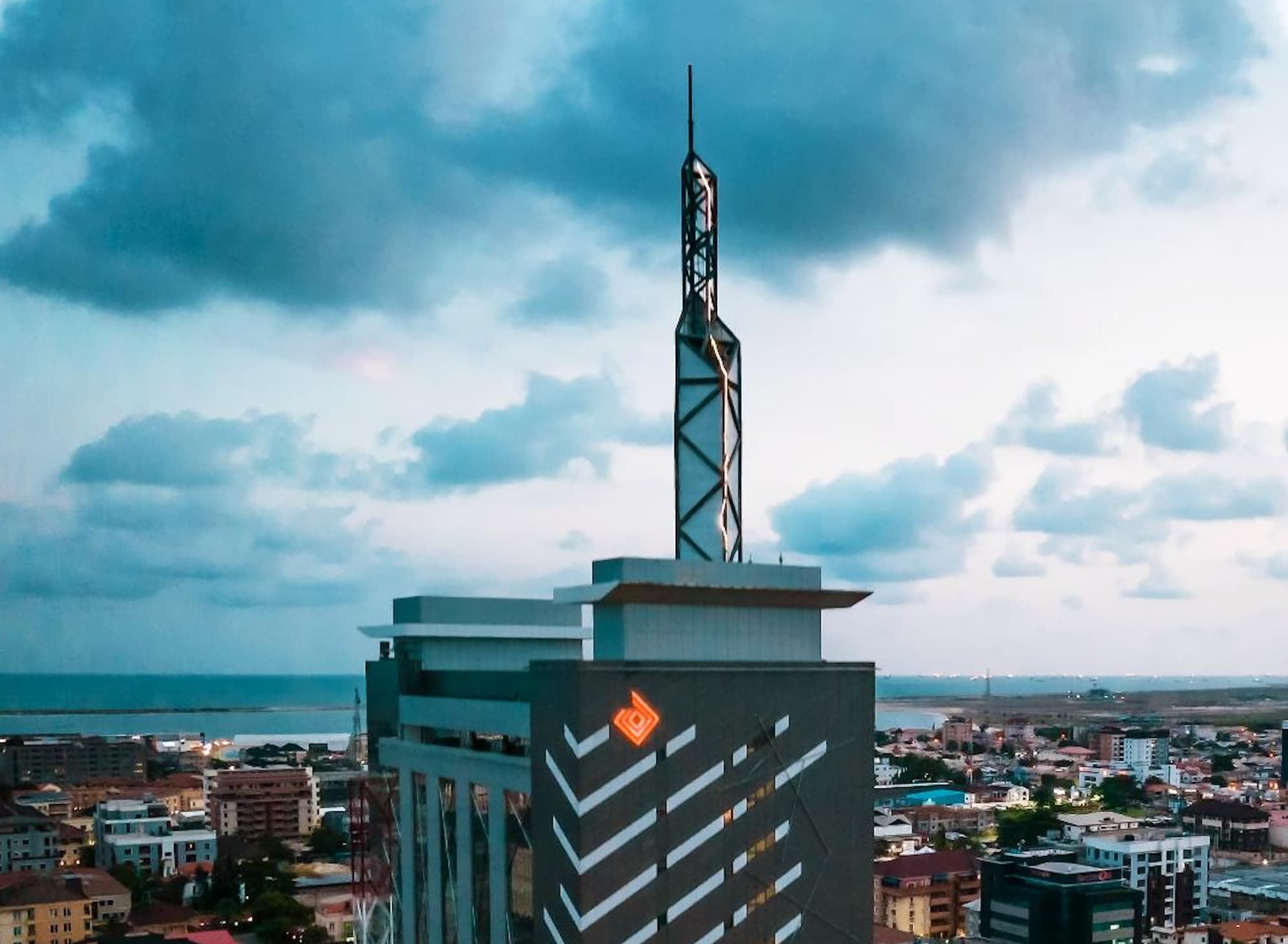
In nine months, Access Bank customers paid ₦151 billion in bank fees.
Access Holdings' financial statements for the first nine months of 2025 reveal that fees from digital channels have become one of the group's most robust income streams. The "Channels and other E-business income" category alone generated approximately ₦151.3 billion by September 30, 2025. This impressive figure isn't solely from Nigerian customers; it also includes revenue from other African markets where Access Holdings has expanded its digital footprint.
Essentially, this ₦151.3 billion represents direct charges customers pay for using services like USSD, card payments, and mobile banking. In simpler terms, Access Holdings earned over ₦151 billion just because people are choosing their phones and cards over cash. This marks a profound shift, indicating that the group is now heavily profiting from the digital lifestyle itself, moving beyond traditional income sources like interest on loans or corporate services.
### How Access Holdings' Tech Subsidiaries Fuel Growth
Access Holdings isn't just a bank; it has strategically invested in technology businesses that are now contributing significantly to its success. Two subsidiaries particularly stand out in the operating segment report:
Hydrogen Payment Services Company Limited is a fintech firm providing InstantPay, payment gateway, POS, card, and switching solutions to both public and private organizations. Meanwhile, Oxygen X Finance Company Limited specializes in offering quick and reliable digital loans to salaried individuals and small businesses. Their impressive earnings clearly demonstrate that the digital shift isn't just hype—it's already a thriving business.
Hydrogen recorded over ₦6.1 billion in revenue from external customers and more than ₦1.2 billion in profit before taxation. Oxygen X Finance Company Limited generated approximately ₦9.1 billion in revenue from external customers and about ₦4.2 billion in profit before taxation. While these figures may still be smaller compared to traditional banking segments, they underscore a critical trend: digital channels are attracting massive transaction volumes, and digital lending is generating substantial profits at this stage. This profitability is precisely why Access Holdings continues to aggressively push its digital products.
These tech contributions are part of a broader transformation in how the group generates revenue. Total fee and commission income surged to ₦600.4 billion, a significant increase from ₦401.5 billion last year. Digital channels, card services, and electronic transactions are major drivers of this growth, providing steady income less reliant on volatile lending activities. This solidifies the view that Access Holdings is successfully transitioning to a more technology-driven revenue model.
Digital adoption has also significantly bolstered deposit strength. The group concluded the period with ₦33.1 trillion in deposits, a remarkable increase from ₦22.5 trillion at the end of 2024. This more than ₦10 trillion rise highlights how mobile banking and seamless online onboarding continue to attract customers who prioritize convenience and speed.
Total assets climbed to ₦52.19 trillion from ₦41.49 trillion in December 2024, with technology being a primary catalyst for this expansion. As more customers embrace digital channels, Access Holdings can grow faster without heavily relying on opening new physical branches.
Profitability mirrors this trend. The group reported a profit before tax of ₦616.2 billion, up from ₦558.1 billion in the same period last year. Profit after tax reached ₦447.5 billion, with ₦426.7 billion attributable to shareholders. Digital systems play a crucial role by reducing the cost of serving millions of users, thereby supporting faster and more consistent earnings.
Liquidity is also improving, thanks to digital operations. Net cash generated from operating activities stood at ₦6.08 trillion, compared to ₦4.61 trillion, boosted by faster settlement cycles and automated collections. Cash and bank balances rose to ₦8.73 trillion from ₦5.22 trillion, signaling stronger customer engagement and enhanced financial stability.
Investments in technology continue to strengthen the balance sheet's support systems. Equity improved to ₦3.98 trillion from ₦3.76 trillion, empowering the group to further upgrade its digital infrastructure, including payment technology, cybersecurity, and data systems essential for securely managing high transaction volumes.
### Why These Numbers Matter
Nigerians are willing to pay these digital fees because digital banking has become an indispensable part of their lives, offering both essential services and unparalleled convenience.
The financial statement clarifies that the charges tied to the ₦151.3 billion revenue stream originate from electronic channels, card products, and related services. This directly connects the surge in digital revenue to the everyday activities of people.
Every time someone sends money home via their phone, a small business processes a payment through a POS terminal, or a household pays for electricity online, Access Holdings earns a fee. People choose digital channels because they help avoid long queues, reduce travel stress, and allow for instant payment completion.
Beyond individual convenience, there's a broader economic narrative at play. Digital payments significantly contribute to financial inclusion by enabling more people to access the financial system without the need for a physical branch. Additionally, digital lending provides crucial support to customers who might traditionally face delays or outright denial from conventional loan processes.